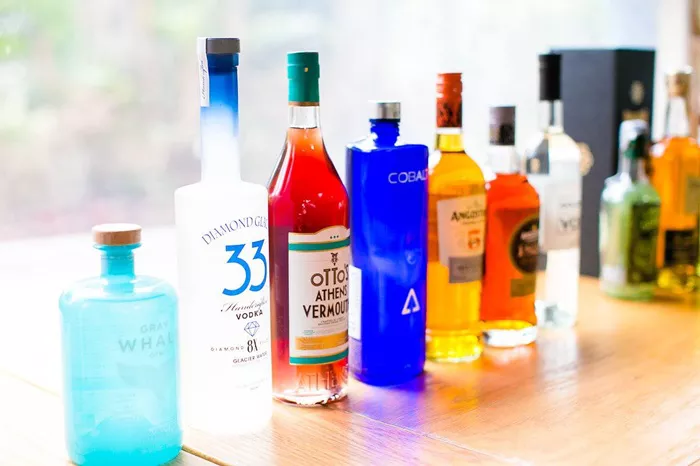Malibu rum is renowned for its distinct tropical flavors and smooth finish, making it a favorite choice among rum enthusiasts and cocktail aficionados alike. This article delves into the specifics of what type of rum Malibu is, exploring its history, production methods, flavor profiles, and popular cocktails. Whether you’re curious about its ingredients or its place in the world of spirits, this comprehensive guide will provide all the insights you need about Malibu rum.
History and Origins of Malibu Rum
Malibu rum traces its origins back to the Caribbean, where rum production has a rich and storied history. Developed in the 1970s, Malibu rum was crafted to embody the essence of the Caribbean lifestyle, blending fine rum with coconut flavor. This innovative combination quickly gained popularity, especially in tropical-themed cocktails and beachside gatherings around the world.
Production Process of Malibu Rum
The production of Malibu rum involves meticulous craftsmanship to ensure its distinctive taste and quality. It starts with the finest Caribbean rum, typically made from sugarcane molasses. This base rum undergoes a unique blending process where natural coconut flavors are infused, imparting Malibu rum with its signature tropical taste.
Flavor Profile of Malibu Rum
One of the defining characteristics of Malibu rum is its delightful flavor profile. It offers a harmonious balance of smooth rum notes and sweet, creamy coconut flavors. This makes Malibu rum exceptionally versatile, suitable for creating a wide range of cocktails that evoke the essence of the Caribbean islands.
Popular Cocktails with Malibu Rum
Malibu rum is a staple ingredient in numerous popular cocktails celebrated for their refreshing and tropical appeal. Cocktails like the Piña Colada, Malibu Sunset, and Coconut Mojito prominently feature Malibu rum, offering a taste of paradise with every sip. These cocktails showcase the versatility of Malibu rum, whether mixed with fruit juices, soda, or other spirits.
Malibu Rum: Varieties and Innovations
Over the years, Malibu rum has expanded its product line to include various flavored variants beyond its classic coconut flavor. These innovations cater to evolving consumer tastes, offering options such as Malibu Mango, Malibu Pineapple, and Malibu Passion Fruit. Each variant retains the core attributes of Malibu rum while introducing new dimensions of tropical fruit flavors.
Mixology with Malibu Rum: Tips and Recommendations
For aspiring mixologists and home bartenders, Malibu rum opens up a world of creative possibilities. Its smooth texture and versatile flavor make it an ideal base for experimenting with different ingredients and garnishes. Whether crafting a simple yet refreshing cocktail or inventing a new tropical sensation, Malibu rum provides the foundation for memorable drinks.
Malibu Rum in Popular Culture and Marketing
Beyond its role in mixology, Malibu rum has carved out a niche in popular culture as a symbol of carefree enjoyment and tropical escapism. Its marketing campaigns often highlight exotic beach settings and vibrant social scenes, reinforcing its association with relaxation and leisure. This branding strategy has contributed to Malibu rum’s enduring appeal among consumers worldwide.
Conclusion: Embracing the Tropical Spirit of Malibu Rum
In conclusion, Malibu rum stands out not only for its distinctive coconut flavor and smoothness but also for its cultural significance and versatility in mixology. Whether enjoyed neat, on the rocks, or as a key ingredient in a favorite cocktail, Malibu rum embodies the spirit of the Caribbean islands. With its wide range of flavors and timeless appeal, Malibu rum continues to be a beloved choice for those seeking a taste of paradise in every sip.
This article has explored the essence of Malibu rum, shedding light on what type of rum it is and why it remains a popular choice among rum enthusiasts and casual drinkers alike. Whether you’re savoring its tropical flavors or exploring its rich history, Malibu rum offers a delightful journey through the world of Caribbean-inspired spirits.


